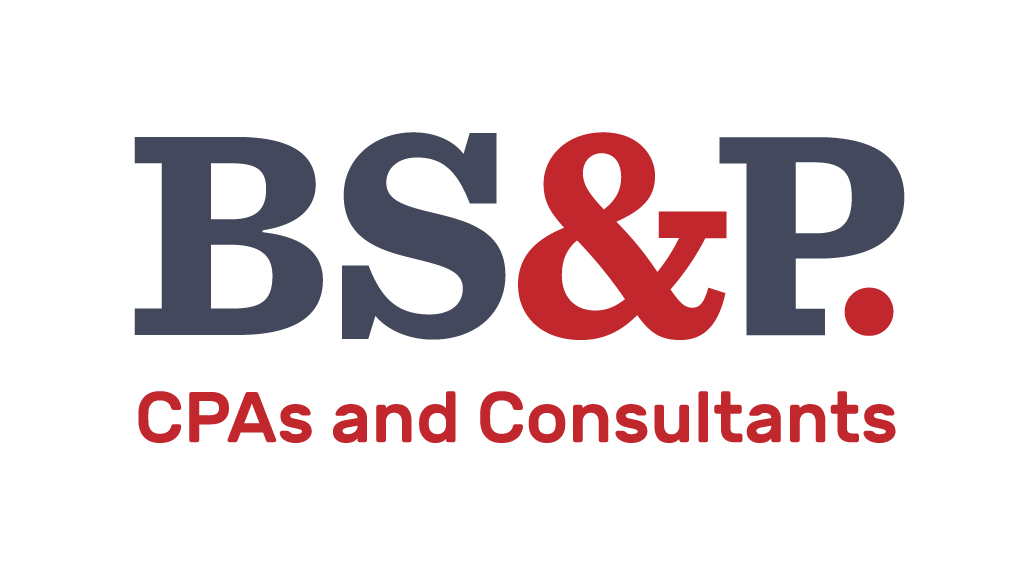Stock options aren’t just issued by big tech companies on the West Coast. Many of our clients are issued stock options by their companies, but they don’t fully understand the tax implications. Using equity to compensate employees is becoming much more popular. Often employers use equity compensation to align the interest of the employees and shareholders as well as to motivate their employees.
Non-Qualified Stock Options
The most common type of stock options are called Non-Qualified Stock Options or NQSOs. These NQSOs give the employee the option to purchase stock at a set price in the future. They are called “non-qualified” because they don’t meet the definitions set forth in Internal Revenue Code (IRC) Sections 421 & 422 (Incentive Stock Options). Incentive Stock Options can have a more favorable of a tax treatment than NQSOs.
Employers typically put a few restrictions in place related to NQSOs. The most common are vesting schedules (you are granted a portion of the shares each year) and provisions which state you forfeit the right to the options if you leave the company. It is important to be sure you understand all of the rules and restrictions if you are granted options.
Now let’s talk about the tax consequences. There is no taxable event when the option is first granted to you by your employer. In the year you exercise the options you will have ordinary income included in your wages for the difference between the fair market value of the stock on the exercise date and the amount you purchased the option for. This income is subject to all normal income tax and payroll tax withholdings. When you sell the options in the future, you will have a capital gain (or loss). The gain (or loss) is calculated by taking your proceeds from the sale less your basis in the stock. Your basis is the amount that was included in your wages as compensation plus the original exercise price.
There is an election that can be made which would tax the stock option at the time of granting instead of the time of exercise. The 83(b) election and can make a lot of sense if the value of the stock increases over time. Alternatively, this election could hurt the employee in the long run if the value of the stock decreases because you have ultimately overpaid your taxes by pre-paying on a higher equity valuation. Please contact your tax preparer if you will be granted NQSOs and they can help you determine if an 83(b) election makes sense.
Incentive Stock Options
Incentive stock options (ISOs) are typically only offered to key employees and top tier management. There are a lot of rules and regulations the employer has to follow in order to offer ISOs, but typically they result in a much more favorable tax treatment than NQSOs. ISOs must meet all of the regulations set forth in the IRC Sections 421 & 422.
The employer restrictions on ISOs are typically very similar to NQSOs and include claw back provisions. These claw back provisions can cause you to forfeit your right to the options for a number of different reasons. The most common claw back provisions are for leaving the company or being financially unable to purchase the stock.
The tax compliance for ISOs is much more complicated than NQSOs. Depending on how long the stock is held for, you can have qualifying or disqualifying dispositions and the tax consequences are very different between the two. The biggest difference though between NQSOs and ISOs is that when an employee exercises an ISO there will 
If you need insight and advice on stock options, contact CJ Van Note at 716-854-5034 or cjvn@bspcpa.com.
